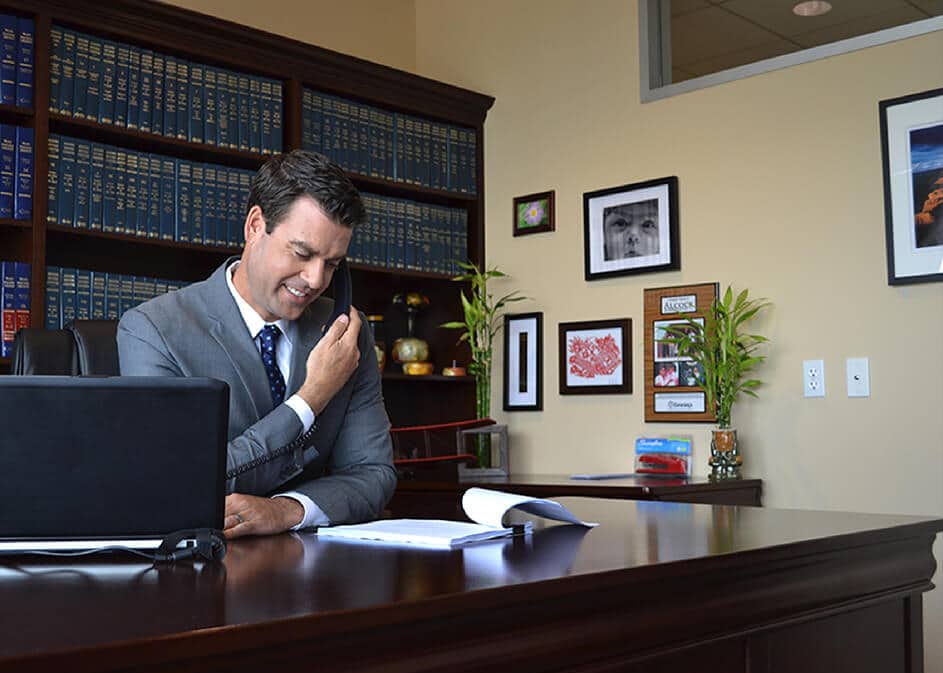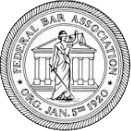SCIENTIFIC EVIDENCE AND DRUNK DRIVING: BY DUI ATTORNEY RYAN CURRY
The “New” Arizona Rules of Evidence and How They Apply in DUI Cases: DUI Attorney Ryan Curry
Scientific evidence serves as perhaps the most compelling foundation for the State’s case against a defendant accused of Driving Under the Influence in Arizona. This “evidence” is pervasive throughout any DUI case, from field sobriety tests to the analysis of any blood sample taken from the defendant. In the past, the Arizona Rules of Evidence required DUI attorneys to present any arguments pertaining to the credibility of this “evidence” directly to a jury. Recent changes in these rules appear to change this requirement.
Effective January 1, 2012, Arizona Rules of Evidence 702 and 703 now appear to permit judges to be the “gatekeepers” of scientific evidence. In other words, it appears that a judge will now make a predetermination of the reliability of scientific evidence prior to permitting DUI attorneys to present such evidence to a jury. That means Defense Attorneys can now challenge blood test results, breath test results, urine test results, portable breath test results, drug recognition evaluations, and even field sobriety tests prior to the jury ever knowing of their existence. This additional mode of attack permits people accused of crimes with one more opportunity to weaken the strength of the State’s evidence against them.
So how might this new law work in an actual DUI case? Let’s say that a motorist, John, is leaving a restaurant and stopped for suspicion of DUI. John informs the officer that he recently received a concussion and has problems with his legs. Despite providing this information to the officer, the officer requires him to perform an HGN eye exam and complicated field sobriety tests (which would be difficult for even athletes without injury to perform). The officers then arrest John for suspicion of DUI and ask him to submit to a blood test. The blood draw, however, takes place more than 2 hours after driving. Prior to trial, his DUI lawyer can now file a Motion to Preclude the eye exam (it is not reliable as a result of John’s recent concussion), the field sobriety tests (they are not reliable as a result of John’s leg injury), and blood test (it is not reliable, as the State’s scientist would need to “guess” what the blood result would be around the time of driving). If the judge agrees with the arguments of his DUI attorney, then the State could not present any precluded evidence to the jury.
As you can see, the new rules could potentially have a tremendous impact on the future of DUI law in Arizona. The effectiveness of these new changes remains to be seen, but members of the DUI defense community are hopeful that these new rules will further protect people accused of DUI from the unreliable junk science touted by the State.
Posted by DUI lawyer Ryan Curry of Alcock & Associates

REPRESENTATION YOU DESERVE
Here at Alcock and Associates our team and staff are dedicated to helping and representing YOU. The first step is to understand your case. We will take the time to get to know you and your legal situation so that we are best able to answer all of your questions. After your initial consultation with our attorneys, you will know what you are facing and what can happen to your case.
EVERY CONSULTATION IS COMPLETELY FREE AND COMPLETELY CONFIDENTIAL.
Top Rated Phoenix Attorneys






